Apple PodcastsGoogle PodcastsPlayer EmbedShare
Leave a ReviewListen in a New WindowDownloadSoundCloudStitcherSubscribe on AndroidSubscribe via RSSSpotify
Subscribe to the mailing list
Podcast: Play in new window | Download
Hosts
Ryan Ripley, Zach Bonaker, Tim Ottinger
Discussion
We opened the discussion by defining the critic’s view against #NoEstimates:
From there the discussion flowed in multiple directions as we discuss the many areas of agreement that we have with some of the #NoEstimates critics:
- The process of estimating, in and of itself, has by-products and benefits far beyond the sheer “number” or other indicator of sizing that emerges at the end.
- When asking for estimates, management is acting benevolently and is looking to have a need met.
- Abuse of estimates is poor management and a sign of dysfunction
- The word “estimates”, as used in our debates, has been interpreted in a wide array of possibilities – from guesses to predictions.
- It’s reasonable to feel a sense of shock here. It sounds like people are saying to “just stop giving estimates” and leave managers hanging.
Throughout the conversation we shared what we have learned from the interaction with the critics and worked on clarifying many of these areas:
- Ambiguity around the #NoEstimates tag and the lack of civility demonstrated at times by those supporting NE has damaged the discussion and limited collaboration.
- The connection between agile principles & values and #NoEstimates is not clear.
- The role of systems thinking in the approach to minimizing the role of estimates is also not clear.
- The field of “professional estimating” is highly complex, sophisticated, and dedicated to continuously improving the quantitative practice of estimating software development.
The remaining time was spent on systems thinking, pre-conditions necessary to question estimation processes and value, and the role of excellent engineering practices in reducing the role of estimates in a software delivery system. Then, we called it a night.
Resources, Plugs, and More
Ryan – http://agileanswerman.com

